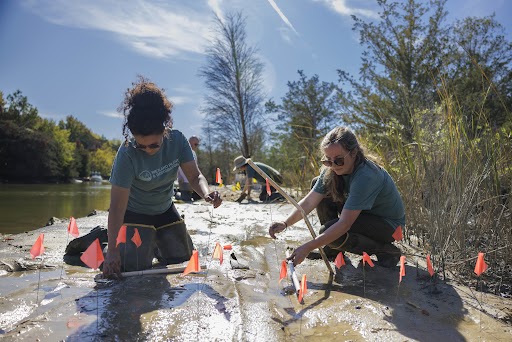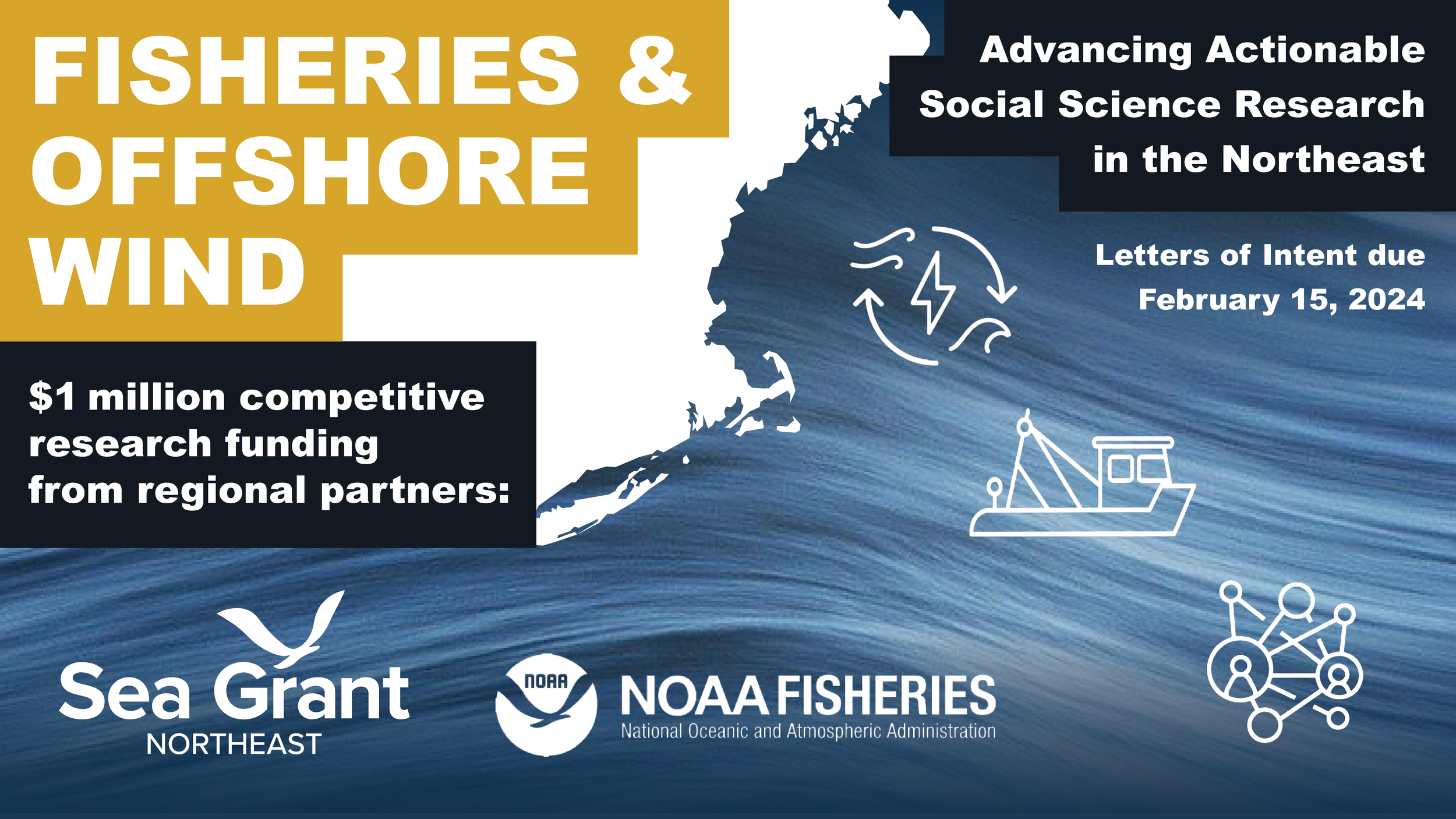Sea Grant’s Knauss Legislative Fellows
By Robin Garcia, National Sea Grant Office
Since 1979, the John A. Knauss Marine Policy Fellowship has provided outstanding graduate students with the opportunity to work in the Executive or Legislative branches of the government for one year in Washington, DC. Historically, up to ten Legislative fellows are part of every class; they represent about 20% of the 2015 class. Legislative fellows have the unique opportunity to assist with marine and aquatic legislation on Capitol Hill.
The 2015 legislative fellows are a diverse group of ten individuals. Half of the legislative fellows have or are in the process of earning a doctoral degree in biological science. Two fellows have a law degree, two have master’s degrees in environmental management, and one has a master’s degree in a biological science. Their specialties include fisheries, ecology, zoology, and freshwater science. The legislative fellows come from programs as close as Virginia and as far away as Alaska. Many chose to apply as a legislative fellow to experience the policy process first-hand and to understand the interaction between science and policy.
Legislative fellows are distributed within Congress. Currently, four fellows work in House staff offices and three in Senate staff offices. Two fellows are working on Senate committees and one is on a House committee. Their general responsibilities consist of conducting research on, and drafting legislation on topics ranging from maritime issues to fisheries to coastal resilience. Other tasks include meeting with constituents and stakeholders. Some accomplishments are professional, such as learning how to draft a bill and assisting with work on the Endangered Species Act and the Magnuson-Stevens Fishery Conservation and Management Act. Other highlights are personal, such as taking a photo with New England Patriots owner Robert Kraft and the Super Bowl trophy on Capitol Hill.
Surprises for the Legislative Fellows have included meeting with high-ranking individuals such as university presidents and generals, learning about the significance of engaging stakeholders, gaining insight on the importance of the legislative staff, and the cooperative nature that can be seen on Capitol Hill. Fellow Alexis Rudd from Hawaii Sea Grant explains that “I am happy to say that I have found myself surrounded by an amazing group of people who work together to pass bipartisan legislation on oceans.”
What should everyone know about being a Legislative Fellow? “It’s really a symbiotic relationship between the fellow and the host office” says fellow Thomas Farrugia from Alaska Sea Grant. “The fellow receives a fantastic primer in the legislative process, as well as invaluable experience working in a congressional office and working just like any other staffer. The host office gets an expert in environmental law or marine sciences, somebody who knows how to research and synthesize information and has experience dealing with complicated subject matters.”


